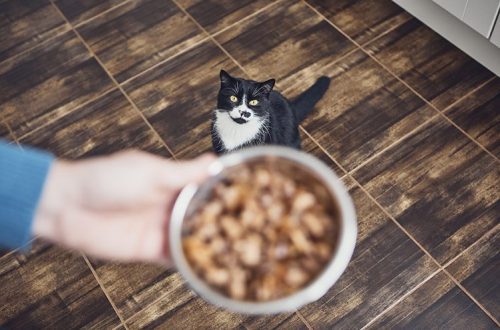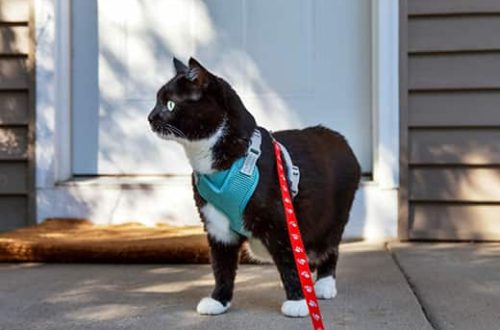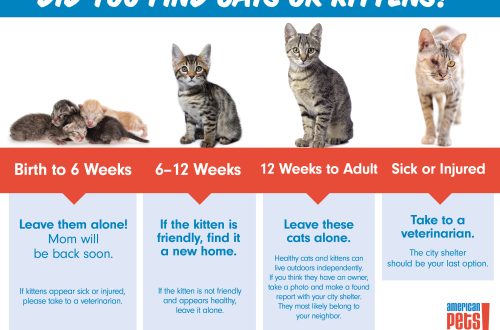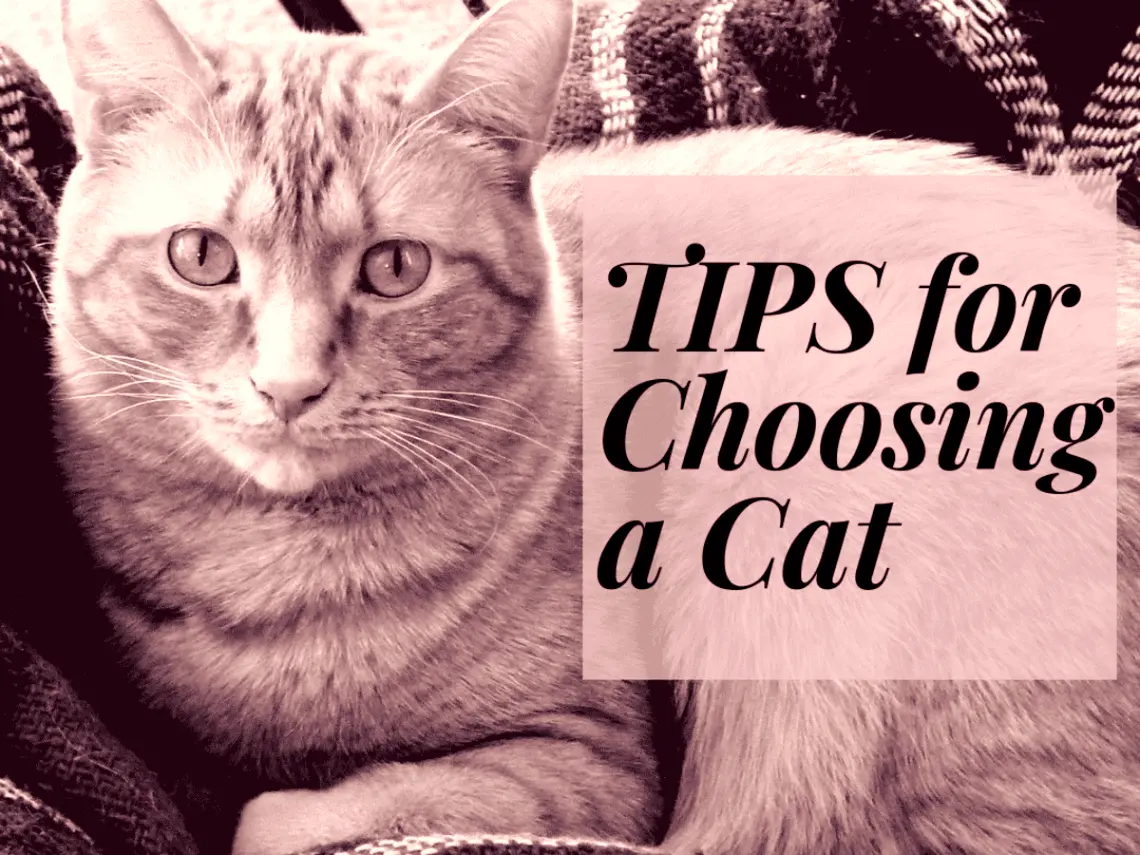
How to choose a cat
important points
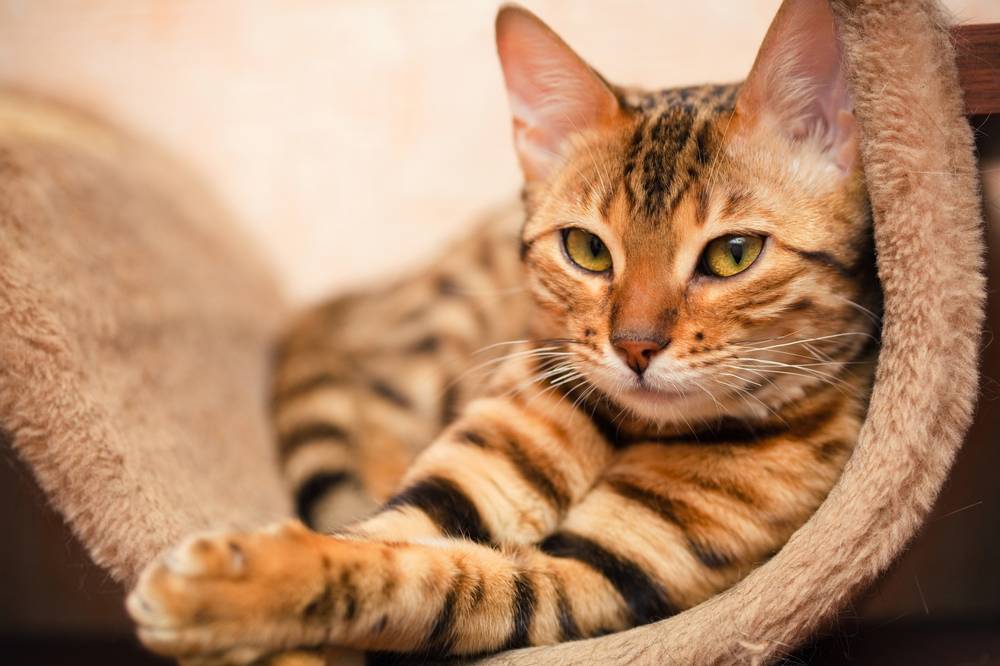
Choose me!
Numerous studies show that cat owners tend to be more optimistic and warm-hearted than people who don’t have furry companions, and children in such families tend to be responsive and kind. Cute four-legged help relieve stress, their purring soothes, communication with pets improves mood. For their part, domestic cats constantly need human participation, care, attention, decent conditions.
To ensure joint comfortable coexistence, it is important for the future owner to choose the right breed, age of the cat, taking into account the characteristics of his own character, temperament, and lifestyle. For different people, a wayward thoroughbred beauty or a young robber from a motley tribe, a playful kitten or a phlegmatic pet of venerable age can become a suitable furry friend.
Before choosing a cat, it is worth learning more about the features of different breeds. It is also important to have at least a minimal understanding of animal physiology. You can get information on the Web or, for example, go to a cat show, where it will be convenient to find out about different breeds and chat with breeders. Perhaps, right at the exhibition, you will give your heart to one of the fluffies. If not, then look for a future friend in a specialized nursery.
Recently, charity has been developing, and many people, following the example of celebrities, choose cats in shelters. This deserves respect, but you need to be aware of whether your act is realized or whether you have become a victim of social advertising. It should be borne in mind that cats from shelters, depending on their previous lifestyle, sometimes need socialization, special care, attention, and, possibly, behavior correction, which will require a specialist.
Kitten or adult cat
Most people prefer to have kittens, raise and educate them on their own. But for various reasons, someone is looking for an adult cat for himself – this is how it is customary to call individuals who have crossed the 12-month age threshold.
It is recommended that a kitten be weaned from its mother cat no earlier than it is 8 weeks old. And the preferred age of the baby is 3 months. By this time he already knows something and can show what he is capable of. If you choose one kitten from a family, pay special attention to its communication with brothers and sisters. Your chosen one should demonstrate friendliness towards relatives and in no case show aggression. It will be good if your appearance, touch and voice arouse his benevolent interest. In the process of tactile communication, observe if the baby has a persistent desire to bite and scratch your hands. This inclination may remain with him, and, having matured, he will become even more arrogant.
The appearance of the future companion is also important. His eyes should be clear, without pus, because healthy cats constantly wash themselves. The fact that the baby is healthy will also be indicated by smooth, even claws, a clean nose and ears, and a shiny, bald-free coat. When buying a kitten from a breeder, make sure that there is a certificate confirming the examination of the baby by a veterinarian.
When raising kittens, it is much easier to achieve the desired result than when training adult cats. At the same time, playful and nimble kids are difficult to keep track of, and they require increased attention.
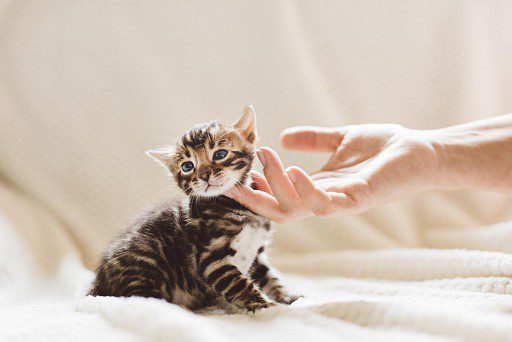
Kitten
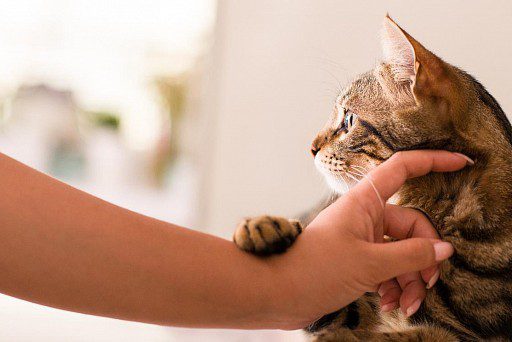
adult cat
Adult cats are also not averse to playing, but they will not suffer critically if they step on their paw or tail. By the way, if a cat or even more than one cat has settled in your house for a long time, the appearance of a small relative will be met with more understanding than the introduction of another adult pupil.
The feline character, as a rule, is formed in the period from 2 to 4 years. If you took a mature animal into the house, you will have to take into account its temperament and food preferences. A cat, for example, may already have its favorite treats, but it does not accept what new owners treat it to. There may also be a problem with the toilet – cats are very conservative in this matter.
Before choosing an adult cat, it is advisable to ask her former owners or in a shelter, nursery, what features are in her character, habits, what are her food preferences. If possible, first invite the chosen one to visit, take a closer look at her, observe what her reaction is, for example, to loud sounds, whether she will tear up furniture or arrange a toilet in a flower pot. It is important to note whether the animal makes contact easily, whether it is able to trust.
If you liked a street adult cat or cat, you will have to study the character, habits of the new household on your own, and it will take time. But, as a rule, finding themselves in a spiritual environment, impudent pets become devoted friends of their owners, and timid and shy individuals turn into sociable, good-natured companions.
Cat or cat
When choosing between a cat and a cat, you need to consider that in childhood they differ little from each other. There are not too many behavioral differences between neutered animals either. In general, it is generally accepted that females are more delicate, graceful, and males show greater independence and are larger in size. This is not always the case, a lot depends on the breed of the pet. But some features in the behavior of animals of opposite sexes are worth paying attention to.
Cats, as a rule, feel like masters in the house. They graciously allow themselves to be fed and, as if reluctantly, allow themselves to be stroked.
Furry pupils perceive the living space as hunting grounds, they like to control the territory from a height, watching everything that happens, they often set up ambushes and attack the legs of the household. Cats are usually more active and curious than cats. They love to take part in cleaning, sniffing and rubbing against the rearranged things. Particularly sociable pets keep the owners company when meeting guests – unlike cats, which in such cases often panic and hide.
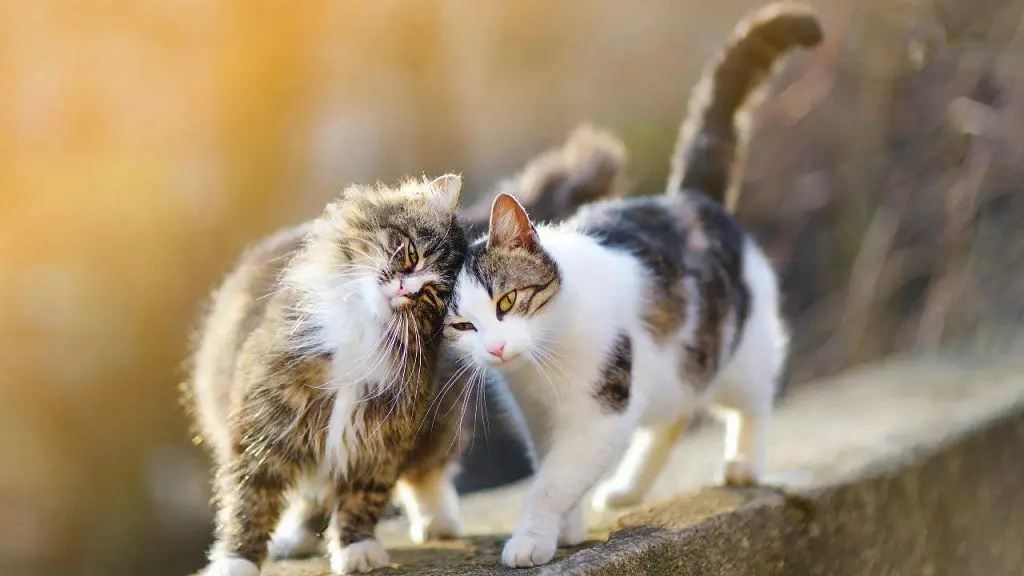
Cat and cat
Cats are not as neat as cats, they do not wash themselves as thoroughly, and, accordingly, the smell from them is stronger. Terrible odors come into the house when an unneutered male begins to mark his possessions, and cats do this more often than unneutered cats. Also, much more often than their compatriots, they run away from home, get into fights with other cats. They are more likely to be under the wheels of cars, become victims of other accidents.
Unsterilized cats during estrus harass their owners in other ways. They constantly meow, howl, roll on the floor. Pets constantly fawn over the household, and their obsessive tenderness alternates with bouts of aggression. If you do not keep the cat at home during such a period, you can be sure that after a couple of months you will be among those who are looking for those who want to have kittens. It is not worth reassuring yourself that the pupil is still too young: representatives of some breeds can become pregnant as early as 5 months of age.
Among the main advantages of cats are delicacy, affection, accuracy. They are very clean and can spend hours putting their “fur coats” in order. Females will not claim a dominant role in the house, but they know well how to get what they want with the help of manipulations. To take the master’s knees, to get a treat or a “portion” of affection, cats will purr, caress, look faithfully into the eyes, knowing that it is impossible to resist.
The correct choice of the sex of the future pet is extremely important if the fluffy is already in the house. If he is neutered, then the best solution is to choose an already neutered cat or organize the operation yourself. It is worth noting that most of the charitable organizations that are looking for new owners for cats carry out the provision of their pupils in advance to make it easier for them to adapt to a new home.
What breed of cat to choose
Today, various felinological international organizations officially recognize a different number of cat breeds – from 43 to over 60. The breeds themselves are divided into 4 groups:
- longhaired
- semi-longhair
- shorthaired
- Siamese Oriental Shorthair.
Thoroughbred cats with a solid pedigree are chosen not only for the sake of prestige and the desire to provide them with a show career. The main motivation for such a decision is the opportunity to learn in advance about the characteristics of the behavior and character of the future friend. Before choosing a cat of a certain breed, it is also important to be aware of its possible hereditary diseases. For practical reasons, many want to know, for example, how long a cat’s coat is, how much she sheds, and how often she needs to be bathed. And although, unlike the case with the choice of a dog, when the size of the chosen one is almost decisive, it is still interesting what maximum dimensions your companion can have. All this information can be found on our website.
Having studied the characteristics of the breeds, it will be easier for the future owner to choose the cat with which he will be comfortable. For example, representatives of the most popular Persian breed are very calm and feel great in the company of older people or phlegmatic owners. They live by the principle – “where they put me, there I will fall asleep.” True, such cats need regular combing, and this takes time.
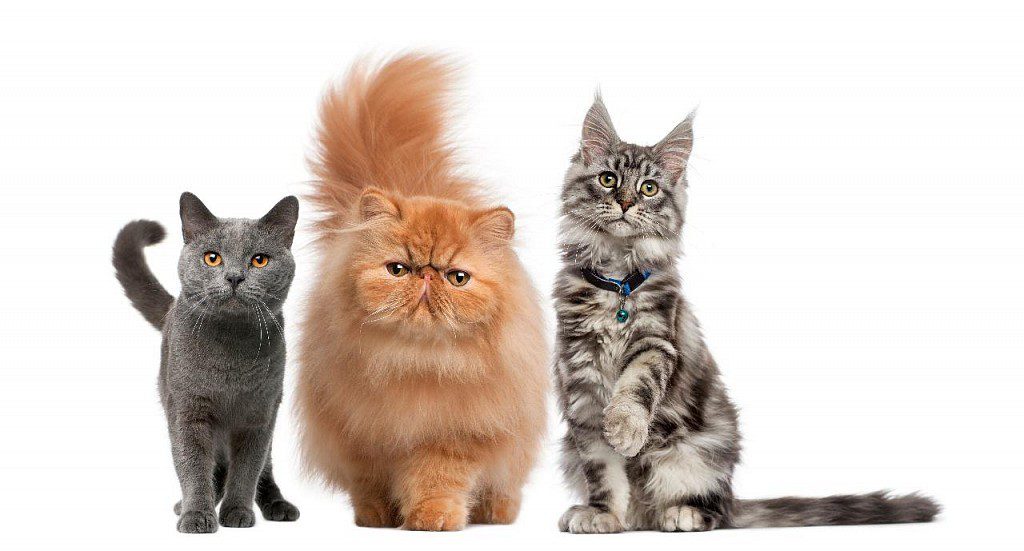
purebred cats
The complete opposite of the Persians are shorthair cats from the Siamese-oriental group. For example, a purebred Siamese cat, being very playful and noisy, requires increased attention. Even in old age, these pranksters do not calm down, wanting to remain the soul of the company. The Siamese cannot stand loneliness, so the choice in their favor should be made if the family is large and someone is constantly at home.
Those who like big cats, of course, should pay attention to the Maine Coon. This imposing giant with the character of a dog can be safely walked on a leash, taught the “Aport!” command, and bathed in the bathroom. Maine Coons are very accommodating, but they have to spend money on them as full-fledged family members: you have to buy natural meat or expensive food.
Representatives of this breed are condescending towards children, allowing them obsessive pranks. Patient Russian blue cats, Norwegian, Siberian forest cats will not give back to kids either.
Cat lovers with an independent but balanced character often choose British or Angora cats. And hairless sphinxes and elves become companions of people who do not want to put up with wool in the house and on clothes.
Outbred cats
Outbred cats (or mestizos, domus) are called ordinary animals, domestic and yard. Actually, cats may well turn out to be very thoroughbred, but in the absence of a pedigree and a passport, they are formally classified as domuses. Shorthair and longhair kittens with not entirely clear origins are usually taken for free from their acquaintances or friends. You can choose a pet by viewing ads on the Web. Sometimes yard cats also find their owners.
Appearance, proportions, colors of mestizo pets can be anything, as their genes carry the memory of uncontrolled mixing of different breeds for a long time. It is very difficult to guess what the offspring of such a cat will be, even knowing who was her gentleman. In addition, in one litter of a fluffy mother, cubs that are completely different from each other can be found.
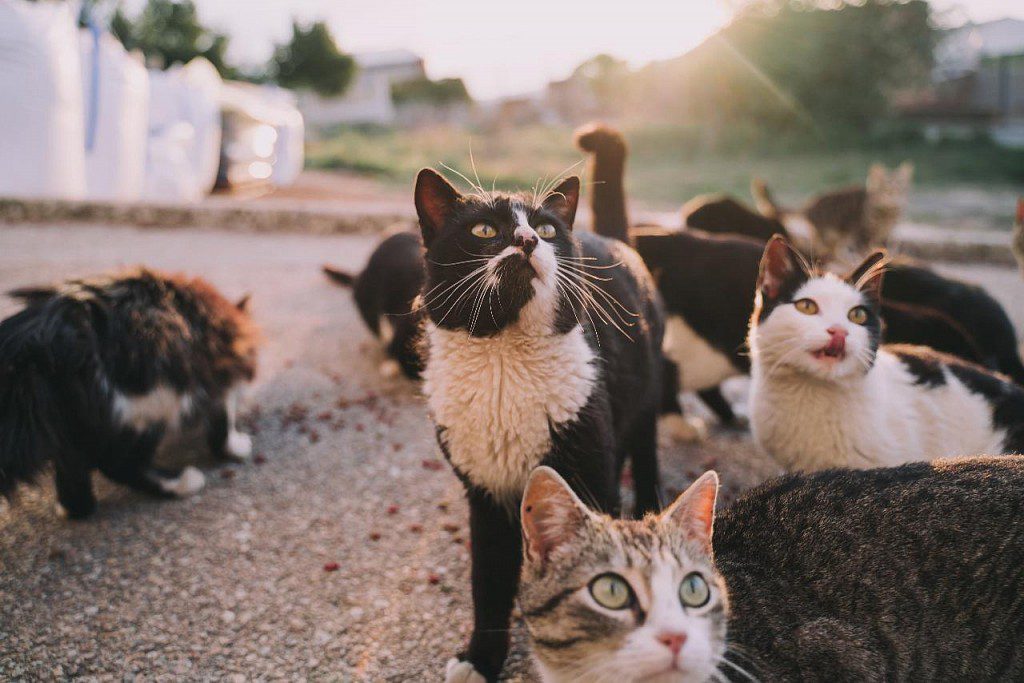
Stray cats are waiting for their owners
If you have chosen a kitten without regalia, you should be prepared for the fact that with age its color, the quality of the coat may change, and not the best features of unknown ancient ancestors will appear in the character. Fortunately, unlike dogs, cats are not so strikingly different in size and appearance, so it is unlikely that an adult pet will surprise you. However, some features of the appearance of a mestizo can give a clue to his character. If oriental features are visible in them, one can expect that the chosen one will be mobile, sociable and, possibly, capricious. If he remotely resembles a “British”, then he may inherit imposing and calm.
In favor of purebred cats is a higher resistance to diseases than their aristocratic compatriots. This is due to the significant diversity of the gene pool of their ancestors, which reduces the likelihood of severe hereditary ailments. Most mestizos living in the Eastern European range have a short coat without a pronounced undercoat, so they do not need to be brushed and bathed regularly. There is no particular difference in intelligence between outbred and thoroughbred cats, and, for example, the methods for accustoming them to a scratching post and a tray are exactly the same.
As for kittens and cats picked up on the street, the stereotypes about their wildness are unfounded. At first, such animals can be distrustful, wary, but, having felt love, care, they are strongly attached to a person and suffer greatly when he is not around. The assertions that the former street cat always strives for freedom are also erroneous. None of them will run away from a cozy home where she is loved and fed, unless the owners sterilized her and instincts jumped in her.
Actually, thoroughbred and outbred pets are not so strikingly different from each other. If you are choosing a cat, don’t limit yourself to those with a prestigious pedigree. Finally, buying the cutest cat or kitten of unknown origin will cost much less, or such a companion will get for nothing.



